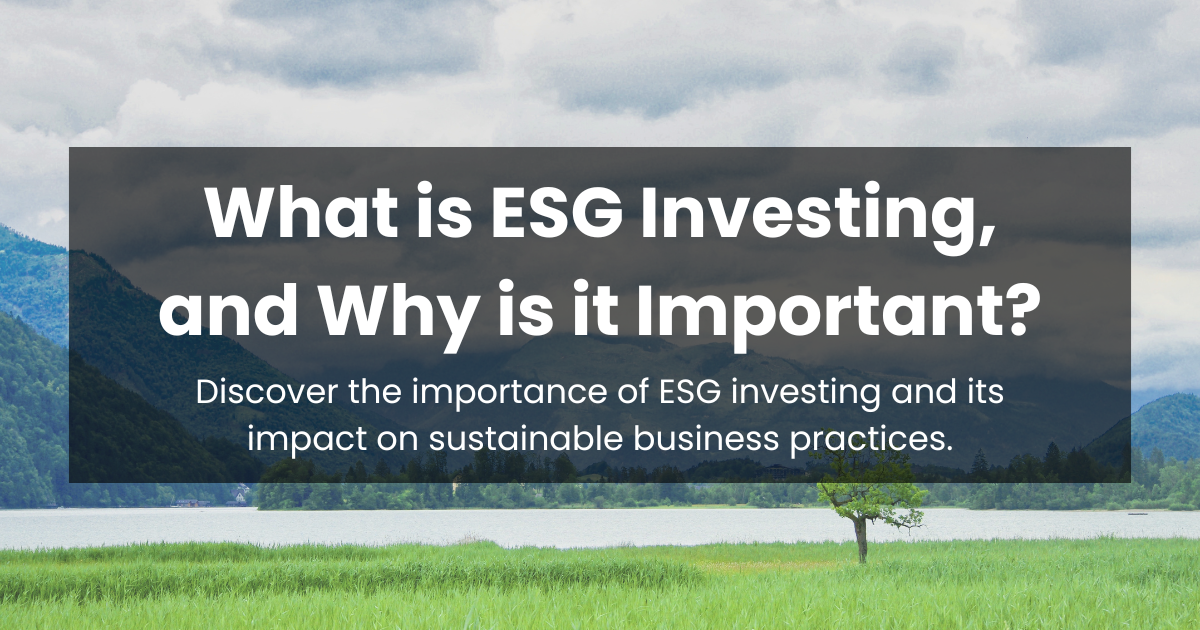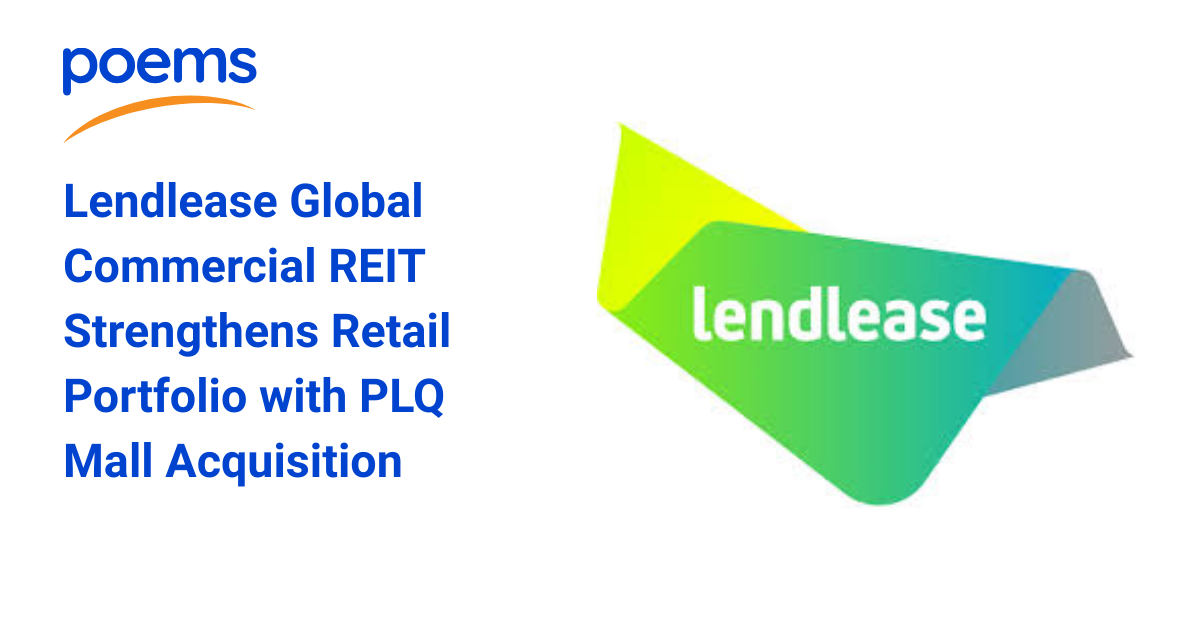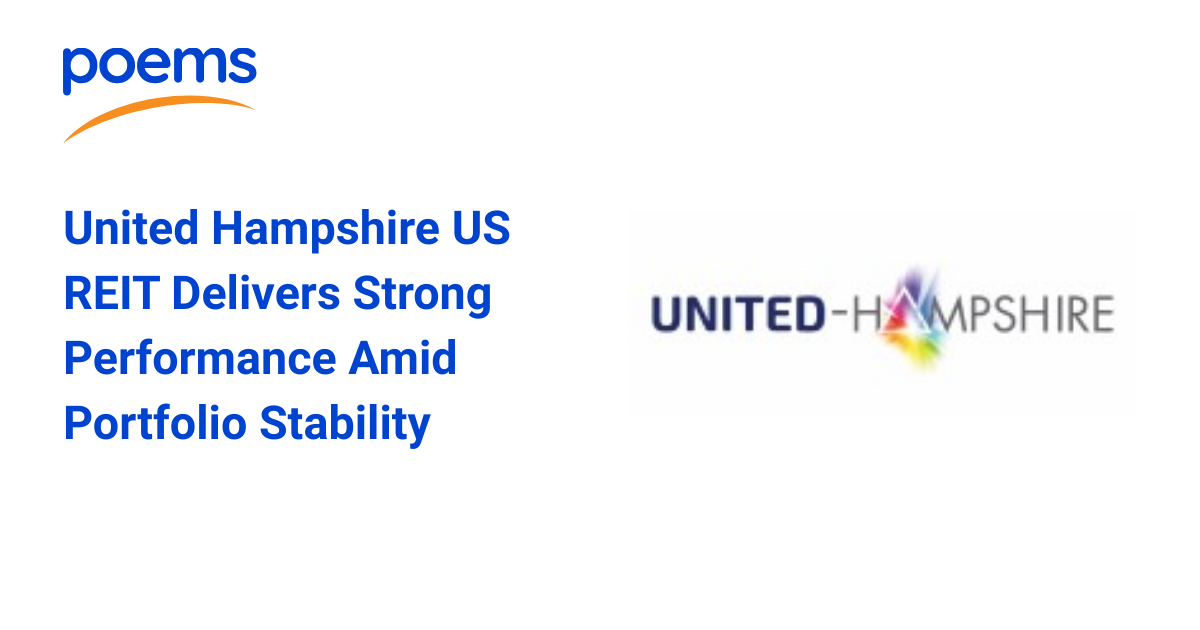Over the last five years, Environmental, Social, and Governance (ESG) investing has evolved from being a niche strategy to becoming a fundamental approach adopted by investment managers around the globe. There has been an increase in global awareness about how sustainable business practices lead to net positive outcomes for everyone, from investors to society at large. This transition is not just about doing good, but also about aligning investors’ values with their financial objectives.
Understanding ESG Investing
ESG investing considers the environmental, social, and governance practices of the entities being invested in. This helps investors to evaluate potential risks and growth opportunities beyond traditional financial analysis. This approach recognises that ESG factors can significantly affect an organisation’s performance and its long-term sustainability.
Here’s an overview of the three pillars of ESG:
- Environmental: How a company performs as a steward of the natural environment, such as their carbon footprint, or efforts to reduce their environmental impact
- Social: How a company manages relationships with its stakeholders – employees, suppliers, customers, and communities
- Governance: Deals with a company’s leadership, executive pay, audits, internal controls, and shareholder rights
Benefits of ESG Investing
1. Enhanced Risk Management:
Companies that neglect or wilfully ignore environmental regulations can ultimately face hefty fines and severe reputational damage, which could greatly impact their stock prices and also future growth prospects. By considering a company’s underlying ESG framework, investors can avoid potentially volatile investments and enhance the stability of their portfolios. Applying an ESG viewpoint to investing acts as an additional layer of risk assessment, helping investors avoid firms with poor practices that could pose financial risks.
2. Access to Investment Opportunities:
Companies leading in ESG often pioneer innovation, opening new markets or creating more efficient processes. Investment in renewable energy technologies, waste reduction techniques, and sustainable agriculture is not just good for the planet but also opens new avenues for business growth.
3. Stakeholder and Consumer Preference:
Modern consumers and employees prefer engaging with socially responsible companies. This shift can lead to increased sales, improved employee morale, and lower turnover rates, all contributing to a company’s financial success.
ESG Investing in Unit Trusts
The integration of ESG screening into unit trusts has enabled individual investors to participate in sustainable investing without having to perform complex individual security analysis on their own. Many unit trusts now focus exclusively on ESG factors, investing in companies that adhere to specific sustainability criteria. These funds often target specific themes such as clean energy, water conservation, or ethical labour practices. Below are some unit trusts where the fund managers consider sustainability when making investment decisions:
United Global Quality Fund
The United Global Quality Growth Fund aims to deliver long-term total return by investing in equity and equity-related securities of companies listed and traded on stock exchanges globally. This fund offers investors the opportunity to gain exposure to high-quality stocks with strong growth potential in the global market.
- Since its inception, this fund’s accumulation class has performed at 9.32% per annum at an NAV-to-NAV level as of 31 March 2024.
- The underlying strategy is being managed by Lazard Asset Management
- The last monthly distribution in March 2024 had an annualised yield of 3.25% per annum for the hedged Singapore dollar distribution class.
Available Fund Classes for Investment:
| UOB United Global Quality Growth Fd Cl C SGD (Acc) Hedged | |
| UOB United Global Quality Growth Fd SGD Acc H | |
| UOB United Global Quality Growth Fd SGD Dist H |
Phillip Capital Management Sustainable Reserve Fund
This Fund invests all of its assets in global fixed-income instruments including short-term interest-bearing debt instruments and bonds, money market instruments, bank deposits, and fixed deposits. The fixed-income instruments may be issued by governments, government agencies, companies, and supranational bodies. The Fund is a short-duration bond fund with its investments broadly diversified with no specific industry or sectoral emphasis. The fund manager aims to invest at least 70% of the Fund’s total assets in deposits and instruments issued by issuers that meet industry-specific ESG criteria through positive screening and active management.
- The investment objective of the Sustainable Reserve Fund is to achieve income yield enhancement over the 6-month Singapore Overnight Rate Average.
- Weighted credit rating is at “A” as at 28 March 2024.
- Weighted average yield is at 3.89% as at 28 March 2024.
- Since inception it has outperformed the benchmark by 0.53% as at 28 March 2024.
Available Fund Classes for Investment:
| Sustainable Reserve Fund A SGD Acc (SGXZ39183199) | |
| Sustainable Reserve Fund A SGD Dis (SGXZ21949797) |
Nikko AM Japan Dividend Equity SGD
The Fund’s investment objective is to provide total return through capital growth and income over the medium to long term. It focuses on a diversified portfolio of dividend-producing equity investments listed and traded on the Tokyo Stock Exchange. These investments offer attractive and sustainable dividends from companies with relatively strong sustainable cash flows, stable growth, and stable dividend payouts. The Fund will be actively managed and may allocate up to 30% of its Net Asset Value (NAV) to cash to manage downside market fluctuations.
- As of 31 March 2024, on an NAV-to-NAV level, the Fund’s Singapore dollar hedged share class performed at 11.88% per annum since inception.
- The Fund was within the top quartile of funds compared to its peers in 2023.
Available Investment Options:
| Nikko AM Japan Dividend Equity Fd SGD | |
| Nikko AM Japan Dividend Equity Fd SGD Hedged |
Conclusion
ESG investing continues to transform the investment landscape, creating avenues for investors to align their financial goals with their ethical values. By focusing on the Environmental, Social, and Governance aspects, investors not only contribute to sustainable global practices but also position themselves to benefit from the resilience and innovation of ESG-compliant companies. Whether through funds that target specific sustainable themes or those like the Nikko AM Japan Dividend Equity Fund, which invests in dividend-rich, financially robust Japanese companies, ESG-focused unit trusts offer both financial returns and positive impact. As the market for responsible investments grows, integrating ESG criteria remains a strategic approach to achieving long-term investment returns and societal benefits.
Disclaimer
These commentaries are intended for general circulation and do not have regard to the specific investment objectives, financial situation and particular needs of any person. Accordingly, no warranty whatsoever is given and no liability whatsoever is accepted for any loss arising whether directly or indirectly as a result of any person acting based on this information. You should seek advice from a financial adviser regarding the suitability of any investment product(s) mentioned herein, taking into account your specific investment objectives, financial situation or particular needs, before making a commitment to invest in such products.
Opinions expressed in these commentaries are subject to change without notice. Investments are subject to investment risks including the possible loss of the principal amount invested. The value of units in any fund and the income from them may fall as well as rise. Past performance figures as well as any projection or forecast used in these commentaries are not necessarily indicative of future or likely performance.
Phillip Securities Pte Ltd (PSPL), its directors, connected persons or employees may from time to time have an interest in the financial instruments mentioned in these commentaries.
The information contained in these commentaries has been obtained from public sources which PSPL has no reason to believe are unreliable and any analysis, forecasts, projections, expectations and opinions (collectively the “Research”) contained in these commentaries are based on such information and are expressions of belief only. PSPL has not verified this information and no representation or warranty, express or implied, is made that such information or Research is accurate, complete or verified or should be relied upon as such. Any such information or Research contained in these commentaries are subject to change, and PSPL shall not have any responsibility to maintain the information or Research made available or to supply any corrections, updates or releases in connection therewith. In no event will PSPL be liable for any special, indirect, incidental or consequential damages which may be incurred from the use of the information or Research made available, even if it has been advised of the possibility of such damages. The companies and their employees mentioned in these commentaries cannot be held liable for any errors, inaccuracies and/or omissions howsoever caused. Any opinion or advice herein is made on a general basis and is subject to change without notice. The information provided in these commentaries may contain optimistic statements regarding future events or future financial performance of countries, markets or companies. You must make your own financial assessment of the relevance, accuracy and adequacy of the information provided in these commentaries.
Views and any strategies described in these commentaries may not be suitable for all investors. Opinions expressed herein may differ from the opinions expressed by other units of PSPL or its connected persons and associates. Any reference to or discussion of investment products or commodities in these commentaries is purely for illustrative purposes only and must not be construed as a recommendation, an offer or solicitation for the subscription, purchase or sale of the investment products or commodities mentioned.
This advertisement has not been reviewed by the Monetary Authority of Singapore.





